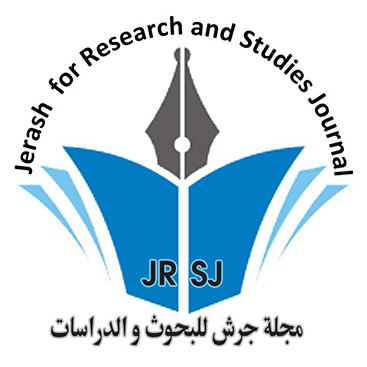Jerash for Research and Studies Journal مجلة جرش للبحوث والدراسات

Abstract
The study includes discussion and analysis of the Iranian policy toward the Iraqi crisis, and the effects of this crisis on forming the Iranian external conduct. There are several variables including internal, external and regional variables interacted together and the result of this interaction was affective on the Iranian policy with regard to the crisis. Consequently, Iran aspired to play a central role in Iraq to strengthen its regional influence on the first hand and to strengthen its negotiation situation with the great international powers on the other hand. In this context, Iran adopted an interventional behaviour in the Iraqi affairs by supporting its Allies in various ways and supporting the new political elites and creating strong connections with them as well. That led to a negative result on the Iranian relations with some of the Arab Iraq neighboring countries including Jordan which is afraid of the outcomes of the Iranian intervention in Iraq. The study showed that Iran's activities in Iraq led to strengthen the distrust of Tehran's behavior, therefore Iraq neighboring countries including Jordan are afraid of the Iraqi crisis's consequences on their security and stability.
Recommended Citation
Atoum, Nabil
(2011)
"Arab - Iranian Relations, The Model of The Iraqi Crisis and Its implications for Jordan 2003-2008,"
Jerash for Research and Studies Journal مجلة جرش للبحوث والدراسات: Vol. 12:
Iss.
2, Article 2.
Available at:
https://digitalcommons.aaru.edu.jo/jpu/vol12/iss2/2

